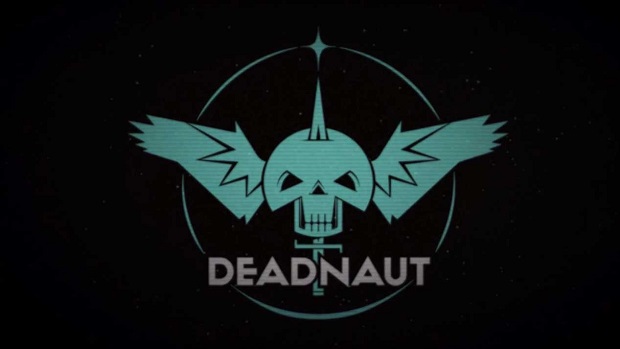While it’s easy to overlook, this squad-based indie should not be missed
Deadnaut is a tactical, squad-based, sci-fi horror affair from Australian developer Screwfly Studios. The title launched on Steam last November and I’m regrettably only getting around to playing it now. Its unique but minimal look is partly to blame for me passing it over in the first place; but, after finally taking the time to dig into the meat of the game, the abstract, icon-based view of the playing field is one of my favorite things about it.
The game begins each time as you approach a derelict vessel adrift in space. It’s your job to send in a crew of five Deadnauts — a boarding party so-named because the likelihood of them ever returning is considered remote. It’s a dangerous line of work to say the least.
Vessels contain hostile life forms, some more dangerous than others, and security systems that not only pose a direct threat, but can also work to sever the lifeline that is communication between you and your team. And, if these occupational hazards weren’t enough, the ship itself is falling apart and if it reaches a certain level of instability it will collapse, killing all on board.

Screwfly’s is a game about making the most out of what little information you have at hand; making educated guesses about how to best equip your team and how to approach each given situation. There’s no best way to do this, though. Each scenario can be handled in a variety of ways and, in some instances, no matter how well-prepared you think you are before boarding, adaptability and creativity may be the only thing that gets your team back to the ship alive.
As mentioned before, you’re in control of a team of five crewmembers. Each of them have unique stats that should be looked over carefully before assigning them a particular role. Some may be more inclined to operate automatic rifles than others. Some may show more aptitude for hacking the derelict’s security systems. It’s up to you to best assign each member a particular job before boarding and to equip them accordingly.
From your terminal, you’ll have access to certain information about the ship you’re preparing to board: vessel type and class, number of compartments, security factors, and the ship’s power distribution. Each of these could hold valuable clues as to what you might encounter.
But it’s not absolutely necessary to go into this level of depth to enjoy the game. You could very well send in five soldiers if you want; it’s up to you on how you’ll approach each mission. However, if you want to maximize your chances of survival, learning all you can about the current situation could very well be the difference between success and failure.

Once final preparations are made you will send your crew out to the derelict to begin exploration. Your view of the team will at first seem very limited. Each Deadnaut is represented by an icon and the ship itself is seen as a schematic, illustrating the various compartments and hallways you’ll be exploring. Icons representing security terminals, hatches, and sometimes dead crewmembers are what you will have to go on once the mission is underway.
As you explore further, unlocking the various hatches in your way, more of the map will be revealed and within each new compartment you discover, clues about the ship and its present and past occupants can be gleaned. For example, the dead crewmembers discovered could give you an idea of what you may be up against by inspecting their remains for a cause of death.
You don’t have to worry about remembering everything you encounter, though. Your terminal will log each new piece of information as you progress which you can review at any time. It’s the process of collecting and interpreting data that makes Deadnaut so interesting to me. Whether it’s using a terminal to see the security layout of a section of the ship or the various log entries or radio chatter coming back from your Deadnauts, everything adds to the big picture.

It’s a deceptively deep game, which I’ve really only begun to scratch the surface of in this article. Once you launch the title you’ll be given two choices: begin the game or read the manual. It is strongly advised to at least review the manual once before going in.
Screwfly Studios has created something that is at once easy to pick up and play yet also full of so many different options that you may find yourself, like me, absolutely fascinated with all of possibilities the game contains.
Deadnaut is currently on Steam for $9.99 and is available for Windows, Mac, and Linux. If you’re interested in trying it out for yourself before taking the plunge, there’s a demo available.


